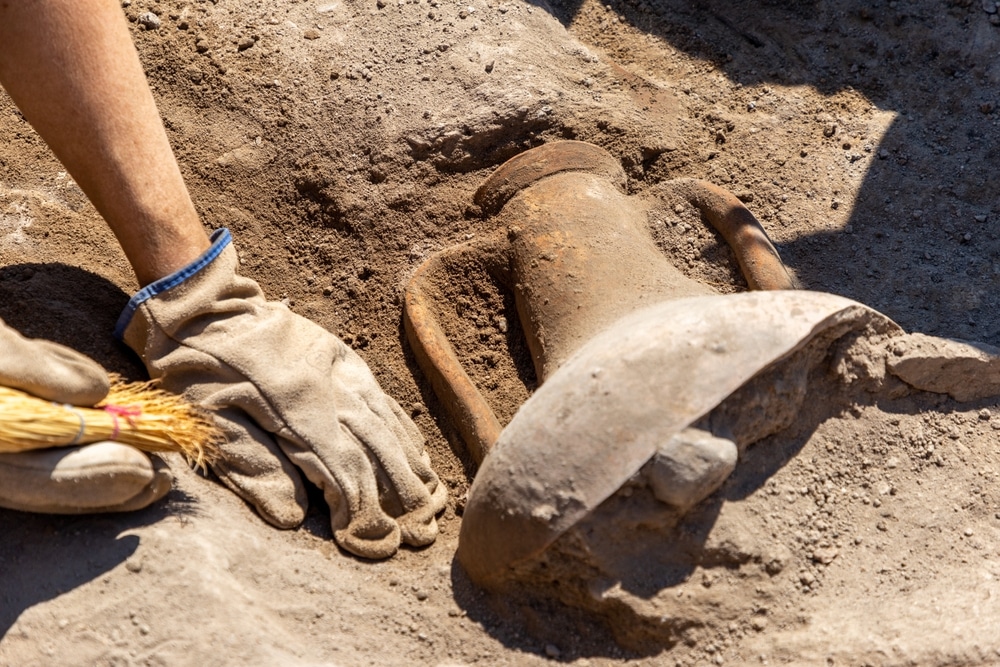A deadly bacteria with a roughly 50 percent fatality rate worldwide has made its way to the US Gulf Coast, where it has been declared endemic by the Centers for Disease Control and Prevention.
According to the NYP, The CDC has confirmed three cases of infection from the bacteria Burkholderia pseudomallei, which can cause potentially lethal melioidosis if not treated.
“It is an environmental organism that lives naturally in the soil, and typically freshwater in certain areas around the world. Mostly in subtropical and tropical climates,” Julia Petras, an epidemic intelligence service officer with CDC’s National Center for Emerging and Zoonotic Infectious Diseases, told HealthDay News.
The most recent case was reported in Mississippi in January. Two others were confirmed in the same Mississippi county in July 2020 and May 2020. However, most of those people infected with the bacteria don’t show symptoms and develop antibodies against it, meaning many more people are likely infected, Petras said.
In all three Mississippi cases, the patient recovered. “This is one of those diseases that is also called the great mimicker because it can look like a lot of different things,” Petras told the outlet.
“It’s greatly under-reported and under-diagnosed and under-recognized — we often like to say that it’s been the neglected, neglected tropical disease.” People are typically infected by the bacteria through open wounds or by inhaling the germs during a strong storm.
Those with diabetes or kidney and liver problems are most at risk. “Excessive alcohol use is also a known risk factor, and binge drinking has actually been associated with cases as well from endemic areas,” Petras said.
The CDC defines an endemic as “a constant amount of that specific disease present in a geographic location, like a state or country.” There have only ever been two reported cases in the world of bacteria spreading from person to person.
Once the bacteria is inside the body, it attacks organs like the lungs and brain and any organ with an abscess, Petras said. “A lot of patients will have pneumonia with sepsis, and or sepsis, which is associated with higher mortality and worse outcomes,” she said.
Globally, about 160,000 cases are reported annually, with 80,000 deaths. Petras said it’s important to diagnose melioidosis early so it can be properly treated.
















